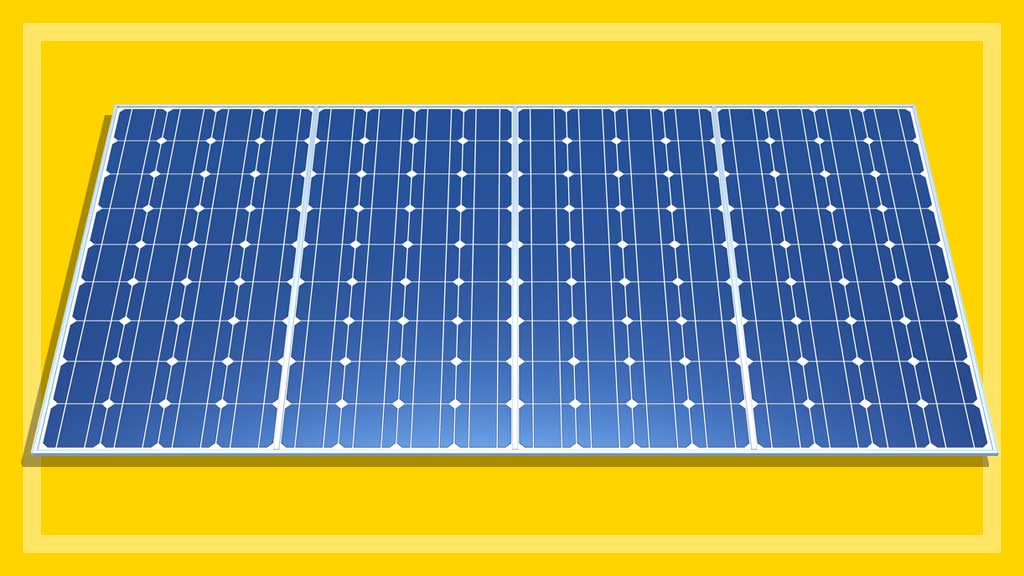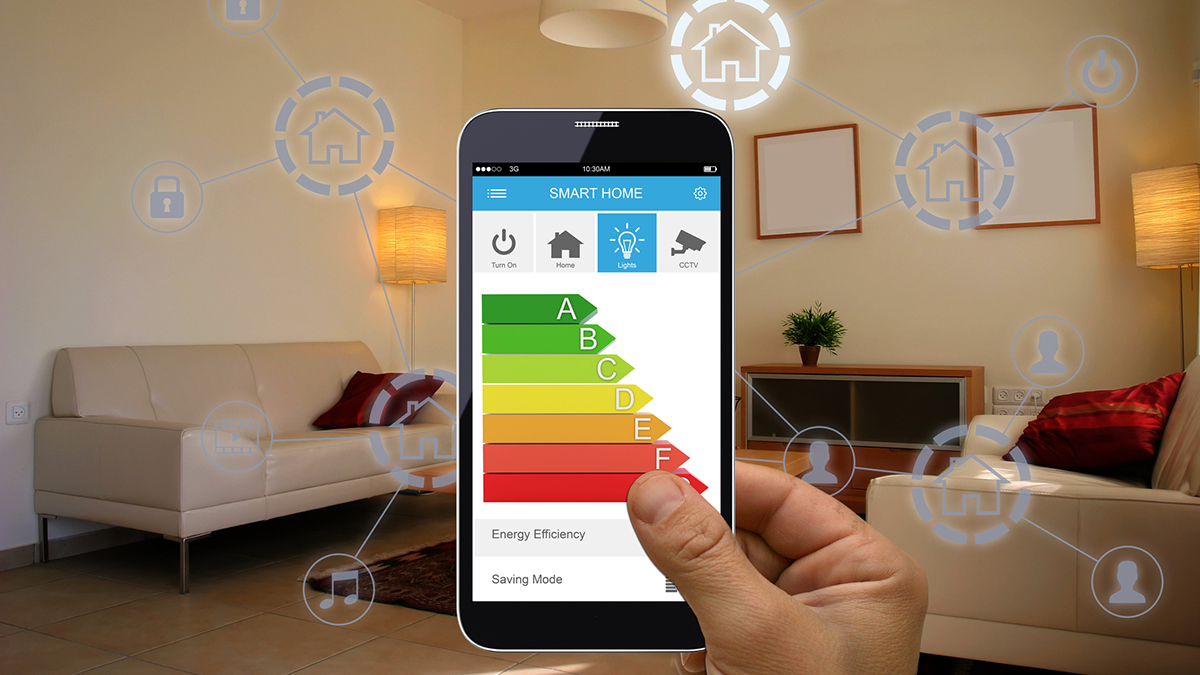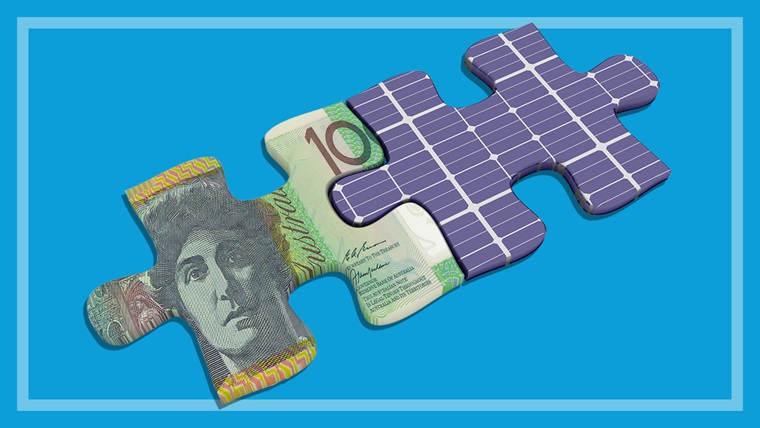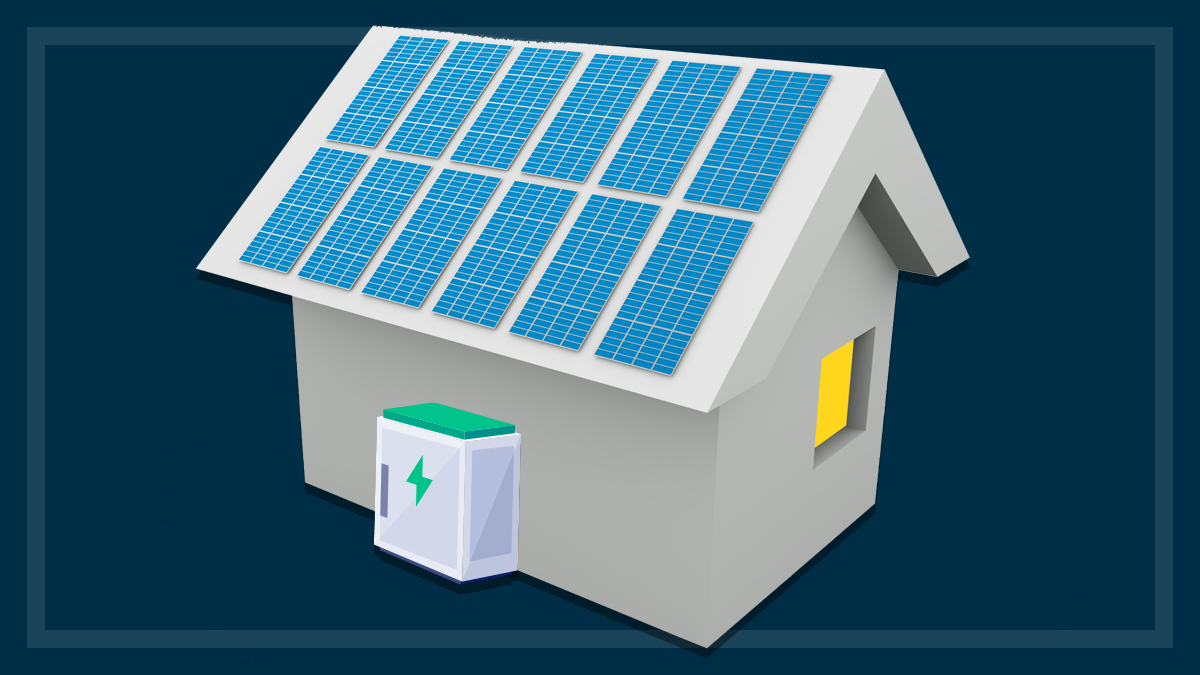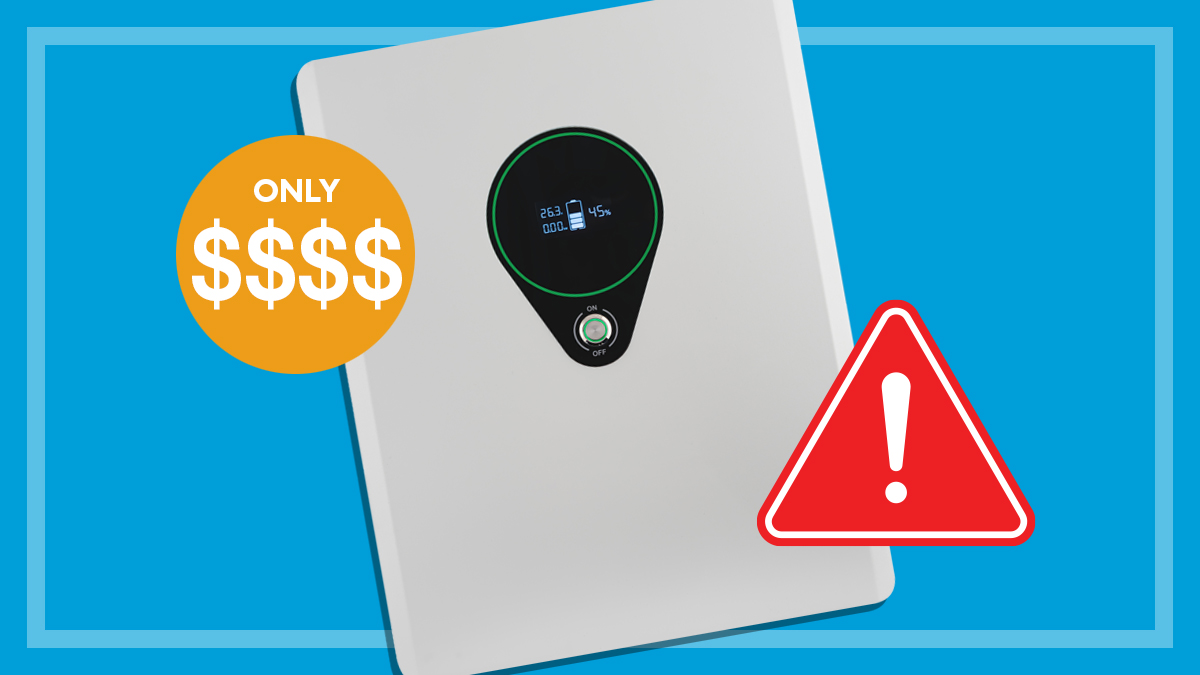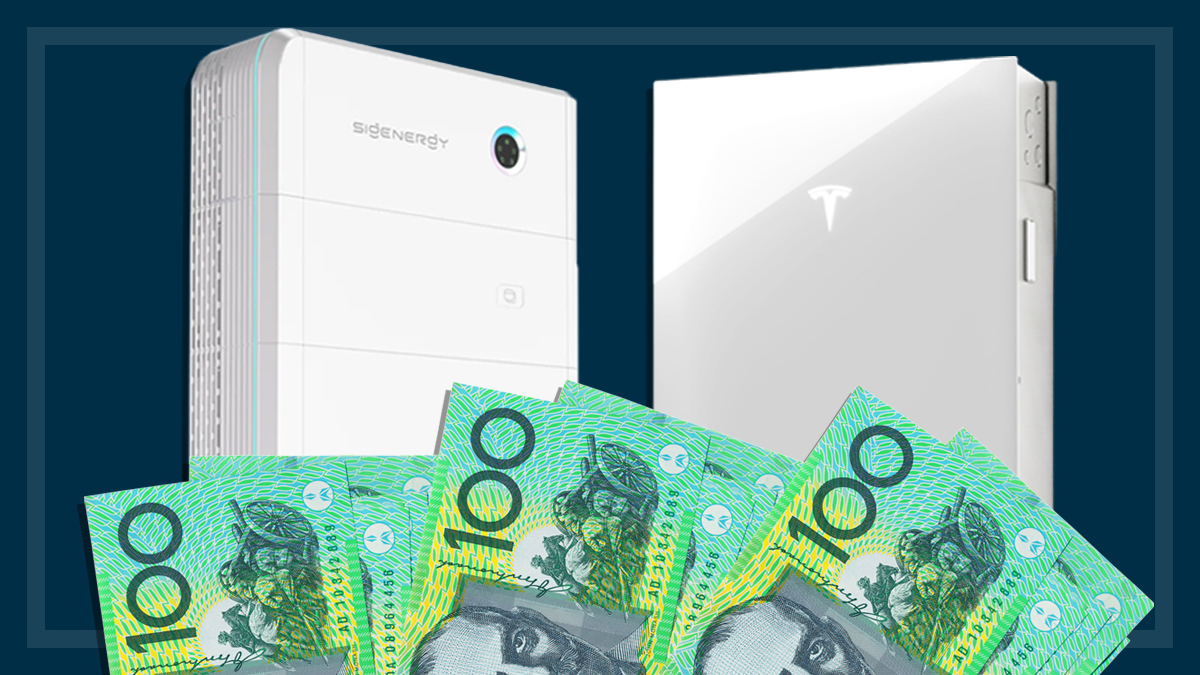Get our independent lab tests, expert reviews and honest advice.
Five ways to reduce your household energy use

Energy prices continue to burn up more and more of household budgets, with a recent CHOICE survey finding power bills to be among the top three headaches for consumers.
On this page:
In 2021, the average Australian household was spending $1593 on electricity each year, and this toll is only likely to be increasing, with the federal government warning combined energy costs could rise by as much as 50% over the next two years.
This means more bill strain in the short term, making it the ideal time to look into how you can reduce your household’s energy consumption and insulate yourself against some of these price hikes.
A good way to start saving is by switching to a cheaper energy provider or renegotiating with your current one for a better deal.
But even if you’re getting the best deal available, you may be able to shave more off your bill and lessen your environmental impact with these tips.
1. Appliances
Switch off your appliances when they’re not in use
Your TV, computer, microwave and even some washing machines have a ‘standby’ mode, which means they’re still using energy even when they’re not in use and potentially adding hundreds to your bill each year.
Turn them off at the power point to reduce their energy consumption (you don’t have to unplug them).
Buy appliances with a good energy rating
Time to replace your household appliances? Our calculations show that you could be saving hundreds of dollars a year by upgrading to more energy-efficient models.
And while more energy efficiency stars do deliver extra savings, make sure the size suits your needs. Often it’s easier for a larger appliance to be more energy-efficient, such as a fridge, (and therefore have more stars) than a smaller one. However, since it’s bigger, its overall energy consumption is usually higher.
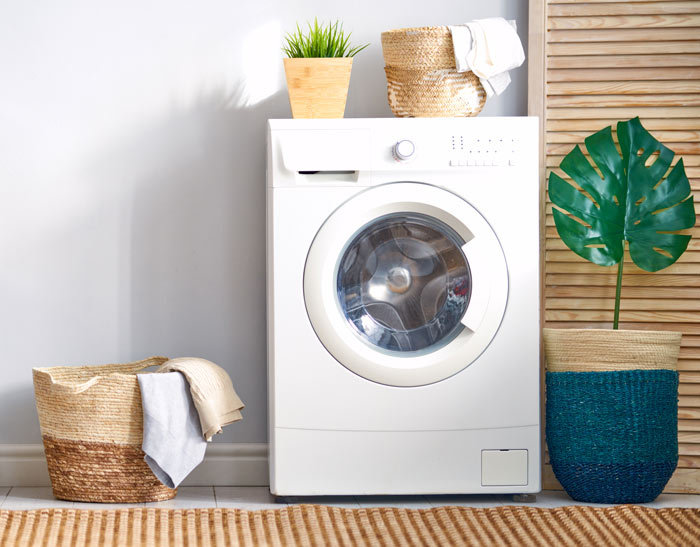
Pick the right washing machine
Although they usually cost more to buy, most front-loader washing machines save you money over time and are kinder to the environment because they use less power, water and detergent than top loaders.
See our washing machine reviews for the most energy-efficient models.
Choose an energy-efficient fridge
Your fridge is working non-stop, and the energy it consumes adds up quickly. All new fridges sold in Australia must meet minimum energy performance standards (MEPS), so look for a model with a good star rating (the more stars, the more energy-efficient it is).
All fridges on the market are CFC-free, so don’t base your purchase decision on “CFC-free” labels.
2. Heating and cooling
Insulate your roof or ceiling
This will help keep your home at a pleasant temperature in summer and winter. It’ll also save you money on your energy bills and will pay for itself within a relatively short time. For more tips, read our guide to keeping your house cool naturally.
Draught-proof your home
You can draught-proof your home by making sure doors and windows are properly sealed. This can be done cheaply with draught excluders or window seals.
Seal your chimney with a damper
This will help to keep heat from escaping in winter – assuming the fireplace isn’t in use – and help stop hot air from coming in during the warmer months.
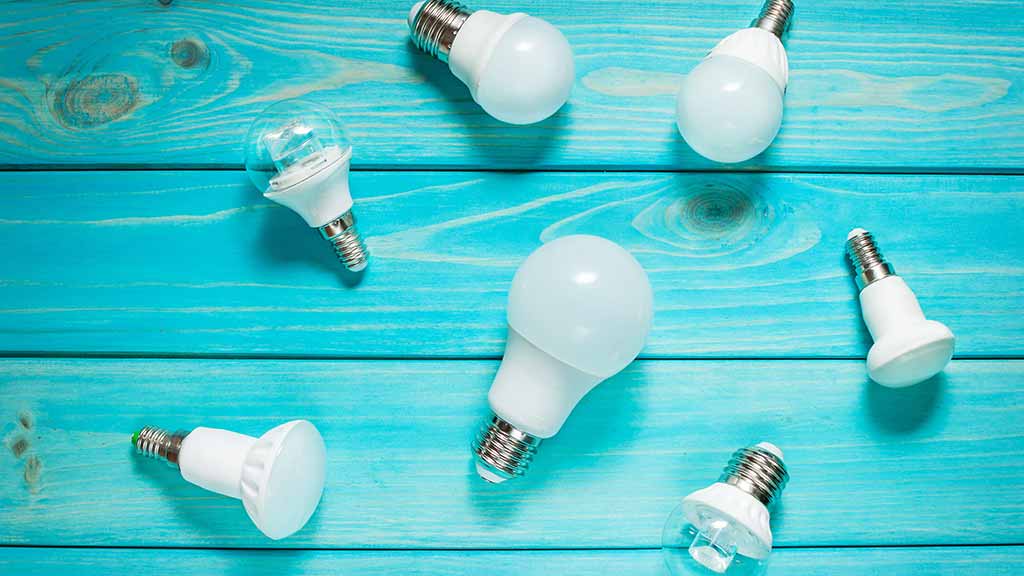
Switch to LED lights
LEDs are the most efficient type of light bulb for most uses – you’ve probably already got a lot of LED lights in your home, as they’ve become the standard in recent years.
But if you still have any old halogen downlights, consider swapping them out for LEDs instead. You might need to get an electrician to replace the drivers (transformers) as well, since even though LED downlights will often work with an old driver, they’ll run better and last longer with a proper LED driver.
If you still have any old halogen downlights, consider swapping them out for LEDs instead
Downlights penetrate the ceiling and insulation, potentially causing heat loss (in winter) or gain (in summer), which can mean more energy gets used for cooling and heating.
Choose downlight fittings with an IC or IC-F rating, as these can be covered with insulation. Other downlights shouldn’t be covered with insulation as the trapped heat can be a fire risk.
Close all external windows and doors
This is especially important when your heater or air conditioner is running.
Shade your windows
Curtains or blinds will help to keep the heat out on hot summer days, and keep it in on cold winter nights.
Turn on your air conditioner early
If you have an air conditioner, try to use it only on really hot or humid days. And if you expect a hot day, turn the air conditioner on early and close up the house.
This helps the air conditioner cool the house before it gets too hot inside, which will use less energy and will help keep it cool over the day.
Likewise on cold winter days, start warming early and don’t let the warm air escape. This only works when your home is well-insulated and sealed, otherwise you’ll be wasting a lot of that energy.

Many air conditioners can now be controlled remotely by an app on your smartphone, so you can switch it on remotely so the house is cool when you get home, rather than having to leave it on all day.
The apps also let you turn the air conditioner off remotely (if you accidentally leave it running) and even check how much energy it’s using. You can also use the air conditioner’s timer function to make sure it comes on at the right time.
Set your air con at the highest temperature setting at which you still feel cool enough (24 or 25ºC is usually adequate). Each 1°C increase of the thermostat setting will save about 10% on your energy usage. Try the Economy mode, if there is one.
The same applies in reverse for heating in winter – settle for the coolest indoor temperature you can and rug up with a jumper rather than just cranking up the heat. Our air conditioners buying guide will help you choose the right air conditioner for your home.
Install ceiling fans
Ceiling fans are much cheaper than air conditioning and have less impact environmentally. And when winter comes, switch the fan to reverse or winter mode if it has one, which will help mix the warm air more effectively throughout the room.
3. Transport
Embrace eco and electric
If you can afford the upfront purchase price, buying an electric, hybrid or even a fuel-efficient petrol car will lessen your household’s carbon footprint and can even deliver monetary savings in the long run.
For more information on making the switch, see our guide to buying an eco-friendly car and our electric vehicle guide.
Limit your use
Even if you have a fuel-efficient car, whenever possible it’s a good idea to leave it at home and walk, cycle, catch public transport or car pool.
4. Water
Economise on hot water
A hot water system can be one of the biggest energy users in a home, typically accounting for a quarter of household consumption. This makes it an ideal place to make savings.
A good way to do this is to install a solar or heat pump system, if it’s possible to do so at your home. For more tips, see our guide to buying the best hot water system.
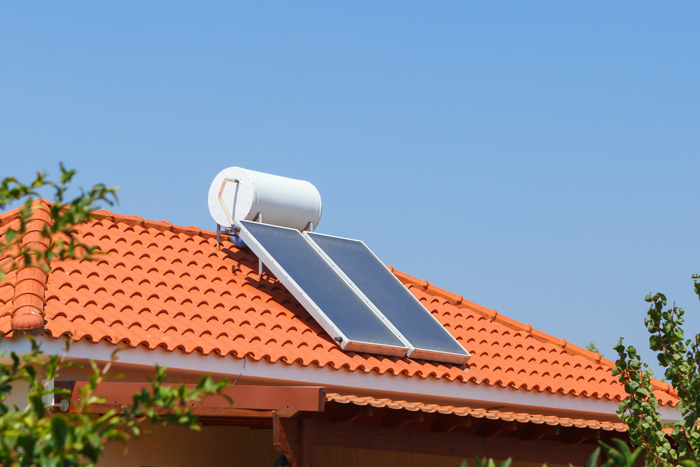
Pick products with a good water rating
The Water Efficiency Labelling and Standards (WELS) scheme allows you to compare the water efficiency of different products – like the energy stars on a fridge, the more stars the better. Ratings are compulsory for all new domestic washing machines, dishwashers, showers, toilets, urinals and most taps.
Use rainwater
Collected rainwater is ideal for watering your garden. Contact your water authority and local council for advice on how to install and maintain a rainwater tank.
If you have a gravity-fed water system, make sure you buy a shower head that’s designed to cope with low pressure.
Use greywater
Recycled greywater from showers, laundry tubs and washing machines can be stored for use in the garden (or even in toilets and washing machines), or it can be diverted to the garden with a plumbed-in diverter. Conditions may apply where you live, so contact your local council for advice.
Buy a water-efficient shower head
Water-efficient shower heads are great water-saving devices for daily use. However, if you have an instantaneous hot-water system, the flow rate of a low-flow shower head may not be enough to start it, so check with your installer.
If you have a gravity-fed water system (where the water flows from your tank to your taps without being pumped), make sure you buy a shower head that’s designed to cope with low pressure.
5. Green power
The average household emits around 14 tonnes of greenhouse gases every year, half of which is from electricity generation. This contributes to climate change and global warming.
One simple and relatively cheap way that we can all start to make a difference is by switching our electricity to “green” power. This means using power generated from renewable sources such as the sun, wind, water and waste power, rather than coal or gas.
Of course, a great way to ensure you’re using green power is to install a solar panel system on your roof
Green power is available to all households and generally costs slightly more than standard electricity. What you’ll pay depends on the percentage of green power and the retailer you choose. Use one that’s accredited by the GreenPower program, an initiative of the ACT, New South Wales, Queensland, South Australia, Victoria and Western Australia governments.
Of course, a great way to ensure you’re using green power is to install a solar panel system on your roof. Follow our four steps to going solar and use our Solar Estimator to get quotes from solar installers.
And, if you’re on a low or fixed income, you may be eligible to receive help from the government to pay for solar and battery installation or, if you can’t install solar at your home, energy efficiency home and appliance upgrades. See what’s available with our guide to solar and appliance rebates.

